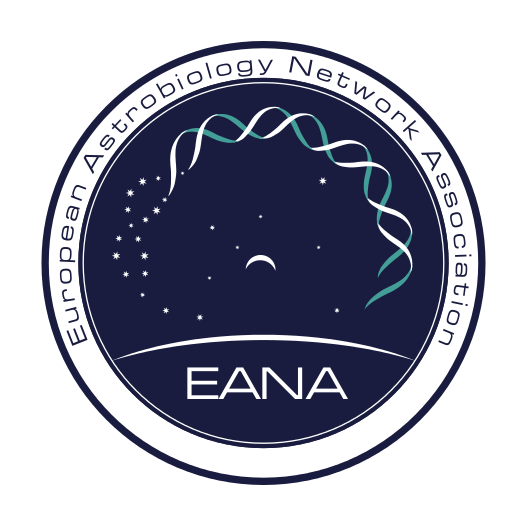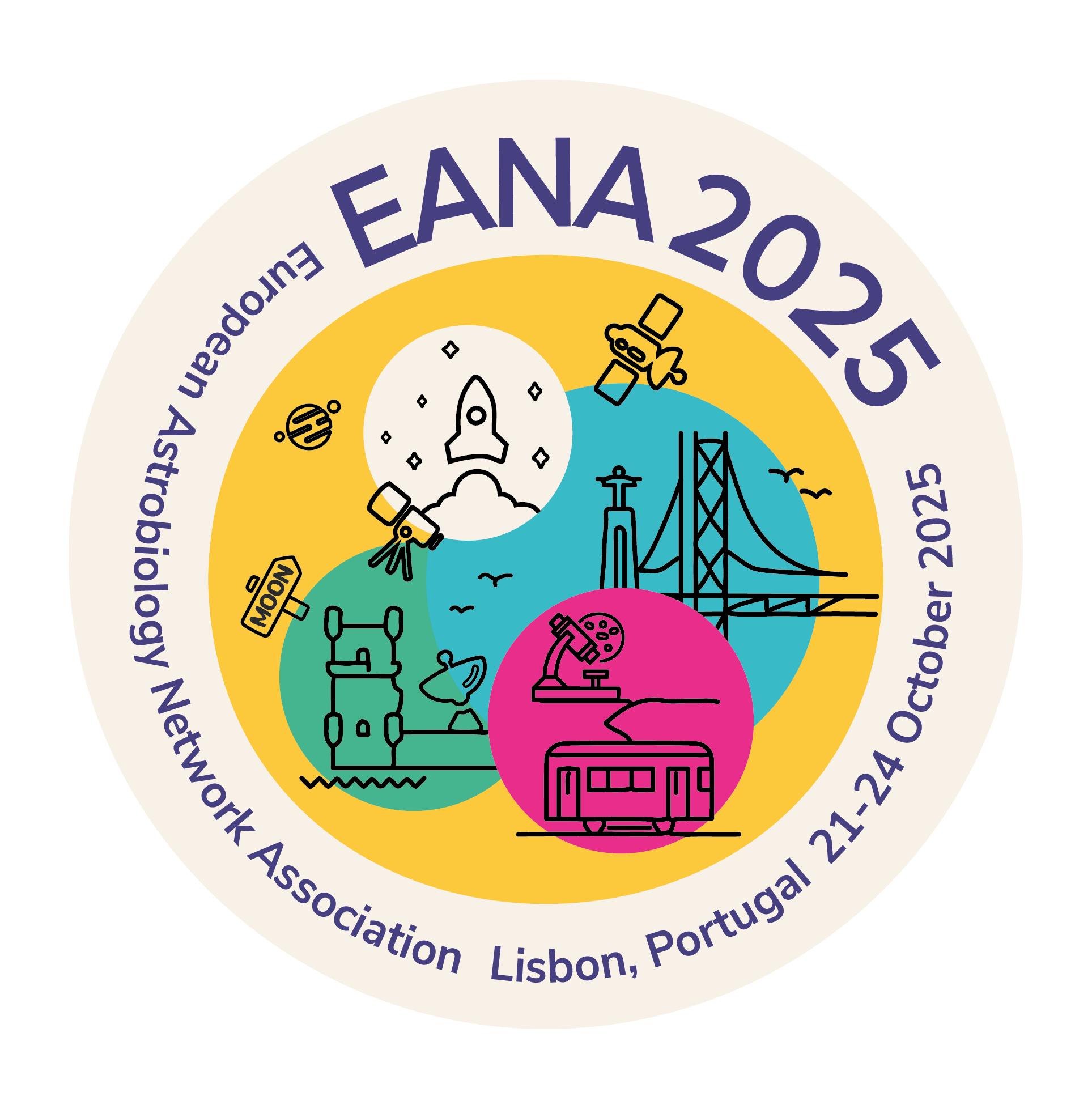 |
Abstract EANA2025-186 |

|
Launching Space Biology (LSB) Workshop
The field of Space Biology was first coined in the 1960’s space age. Since then, scientists have coupled space science and technology with the field of biology, to develop transversal solutions to local and global challenges (e.g. resources, air- and water quality, waste management, biotechnology, health and medicine, In Situ Resource Utilization, and life-support systems), and help achieve long-term sustainability as well as promote a circular bioeconomy both on Earth and in Space. Space biology (including the fields of astrobiology, exobiology or bioastronautics) brings together space sciences (astronomy, physics and engineering) and natural sciences (biology, biochemistry, and in its extended form also geology).
To tackle the increasing interest in the novel interdisciplinary field of space biology, Marta Cortesão led the organization of a 5-day workshop entitled “Launching Space Biology” (LSB), that took place from May 22-27 2023, in Boulder, Colorado (USA). The workshop was funded by the Joachim Herz Foundation and was co-organized by the German Aerospace Center (DLR) and BioServe Space Technologies and the University of Colorado Boulder. The main aim of the LSB workshop was to support new research initiatives in space biology that will benefit future human exploration on Earth and in space, by establishing a global network that encourages knowledge transfer between experts and interested parties in an international and intercultural setting. To achieve this, LSB Boulder brought together 40 senior and early-career researchers (doctoral students and postdocs) from around the world - from 10 different affiliated countries (Germany, USA, Austria, Portugal, Mexico, Guatemala), across 16 nationalities.
The Launching Space Biology workshop in Boulder offered participants a wide range of lectures on several space biology topics: mission design, hardware and methodology, funding opportunities, networking and industry. Speakers included world-renowned scientists that have launched their biology aboard the International Space Station (ISS), as well as space agencies (e.g. ESA, NASA) and technology companies (e.g. Sierra Space, StarLab). Moreover, during the Launching Space Biology workshop, young professionals, mentored by experts, had the opportunity to work in teams to conceptualize and design a space biology mission to either the International Space Station (ISS) or the future Moon station. Most importantly, LSB 2023 engaged the participants in a teamwork Mission-Design challenge, where participants were allocated into 6 multidisciplinary and international teams. During the week, participants had 10 hours dedicated to designing a hypothetical space biology mission, with unlimited funding and unlimited technical support. Each team counted with a mentor - an expert in the field - to guide the team through the mission design phases, jump-in in case of conflict, provide advice on content, ask questions to guide the team’s ideas, answer technical questions and help create good group dynamics. LSB 2023 counted with 6 mentors: Dr. Adrianna Blachowicz (NASA JPL, USA), Dr. Rosa Santomartino (UK Center Astrobiology), Dr. Adrienne Kish (National Museum of Natural History, Paris, France), Dr. Fathi Karouia (NASA Ames, USA), Dr. Pamela Flores (UC Boulder, USA) and Katharina Siems (DLR, Cologne, Germany). During the team mission design challenge, participants were encouraged to think of relevant topics for both Space and Earth; be creative and inspirational; make use of their individual expertise, personal and professional skills as well as their cultural background; use information, ideas and knowledge gained at the LSB workshop; and, of course, to have fun! At the end of the event, each team delivered a 15-minute presentation with a 10-minute discussion. The Launching Space Biology workshop served as an international hub for both young and expert scientists to engage in the field of space biology, encouraging new collaborations and exciting new research initiatives.
